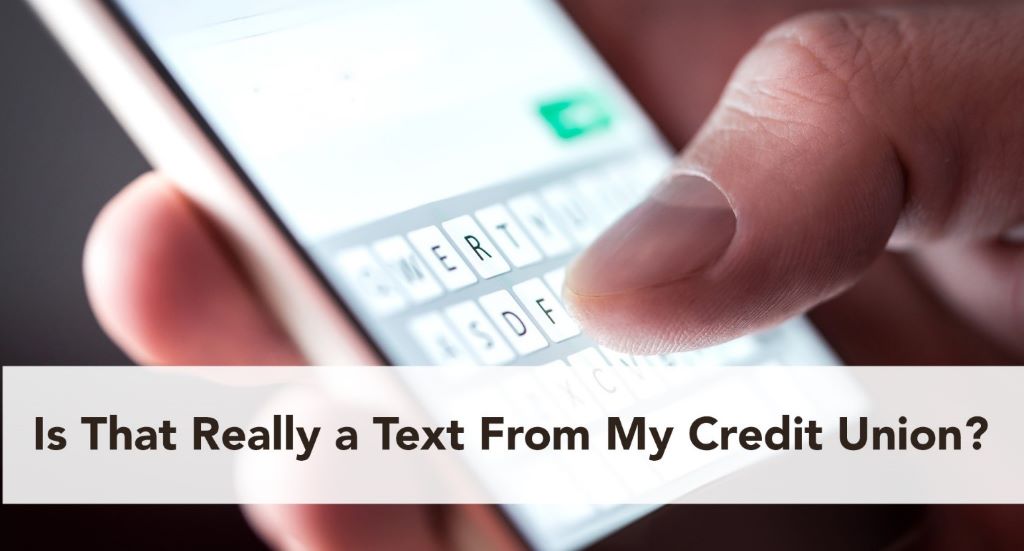
27 Jun Avoid Phony Text Scams
Phony fraud prevention alerts from “your financial institution” are the most common type of text scams according to the Federal Trade Commission (FTC).
Listed below are the top five text scams reported by the FTC:
- Copycat bank fraud prevention alerts
- Bogus “gift card offers” that can cost you
- Fake package delivery problems
- Phony job offers
- Not-really-from-Amazon security alerts
Phony bank fraud prevention alerts are the most common type of text scam. How this works: You get a text supposedly from your financial institution asking you to call a number ASAP about suspicious activity or to reply YES or NO to verify whether a transaction was authorized. If you reply, then you receive a call from the phony “fraud department” claiming they want to “help you get your money back.” What they really want to do is make unauthorized transfers. Plus, they may ask for personal information like Social Security numbers, setting you up for possible identity theft.
The Phony Package Delivery Problems is also popular with scammers. How this works: You receive a text pretending to be from the U.S. Postal Service, FedEx, or UPS claiming there is a problem with a delivery. The text links to a convincing-looking but bogus website that asks for a credit card number to cover a small “redelivery fee.”
Bogus Job Offers. This works a couple of ways: You will get a text offering fake “mystery shopper” jobs or bogus money-making offers for driving around with your car wrapped in ads. Other texts target people who post their resumes on employment websites. The phony text offers a job and if you reply they will send you a check, usually with instructions to deposit the check then take some of the money and send it (using your personal check) to a different address to pay for materials, job training, or the like. By the time the check sent to you bounces, your personal check has been cashed and your money along with the phony “employer” are long gone.
Scammers impersonate Amazon with fake security alerts. You get a text from what looks like Amazon asking for you to verify a big-ticket order (which you didn’t place and was charged to your account.) You are instructed to call the number in the text which is then is connected to a phony Amazon rep who offers to “fix” the charges on your account for the item you didn’t order. However, when they go to fix your account by refunding the purchase price, the representative mistakenly adds several zeroes to your refund. The rep then says that they cannot correct their error on the refund, but they do have an easy fix. You are asked to return the amount of the overpayment credited to your account by sending a gift card to Amazon in the amount of the fake overpayment credited to you, usually hundreds of dollars.
You can protect yourself from these text scams by not responding to unexpected text messages and by not clicking on any of the links in the text. If you are not sure if a text is legit, contact the company directly using the phone number or website you know is real – for example, the 24-hour toll-free number on the back of your credit card. Do not use any of the information in the text message to reply.




Sorry, the comment form is closed at this time.